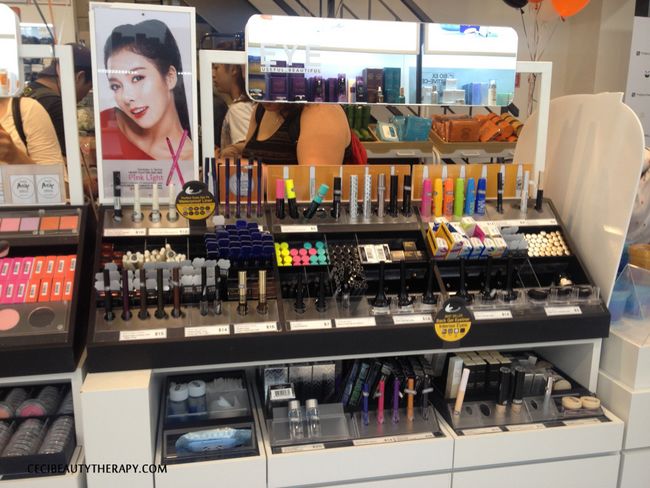
“Some stores have removed Korean products altogether and have replaced them with Taiwanese or Japanese products.”
The soured relations between South Korea and China over the former’s decision to allow the United States to install the controversial missile system, better known as Terminal High Altitude Area Defense (THAAD) is affecting Korean businesses
in Southern California. Many businesses admit that they already feel that the widespread animosity against Korea among the Chinese population is palpable.
Monterey Park, Alhambra, San Gabriel and other cities across Southern California with a large Chinese-American community are reportedly discouraging businesses from selling Korean goods in their neighborhoods. Korean-American businesspeople in the affected areas even said that some customers have directly expressed their aversion towards buying Korean goods.
“Our sales rate has dropped by 60 percent compared to last fall,” said an owner of a business, only identified by its initial L. “I didn’t think that the political troubles would spread to the U.S., but it’s almost scary now that the information has spread so widely among the Chinese-Americans.”
Some businesses, which prominently displayed promotional materials featuring South Korean celebrities, have since chosen to either remove them or display those items in the back of the stores.
“The business has never been so slow even though I’ve been here for 13 years after moving from China 20 years ago,” said a manager of a South Korean chain franchise based in San Gabriel. “Some Chinese customers who seem to be in their 40s and 50s sometimes ask if an item they’re interested in is from Korea. When I tell them that it is, they leave our store immediately.”
Another store manager who oversees the operation of an Alhambra-based cosmetics store said: “I haven’t been worried too much as we’re a large-scale business that’s not strictly targeting Chinese customers, but we still remain mindful of the current situation as some Chinese consumers are uncomfortable about using Korean goods. I still expect that as soon as the political relations settle down a bit, business will be normalized.”
However, there are no solutions to the currently strained situation. The only thing many businesspeople can do is to wait until the geopolitical issues between the two countries are solved.
Social media has played a huge part in dividing the Chinese-Americans from consuming Korean products. Many Chinese-Americans use mobile messenger service WeChat to exchange information about the latest news around the world.
“I learn about the difficulties and unjust political situations via news reports, Facebook and other social media channels,” said Chinese-American Long Beach resident Sonia Chang, 43. “The THAAD controversy has left a scar on the pride of many Chinese people as it is threatening to the country and has stimulated an emotion even among the Chinese community here as many of us have family there.”
Even Korean snacks have not been selling well in Chinese markets in Southern California.
However, many restaurants in Koreatown, most of which are well known for attracting a solid base of Chinese customers, remain relatively unscathed by the recent political conflict. Even that situation may change in the near future if the current boycott of Korean goods continue to spread at this rate.
By Brian Choi




